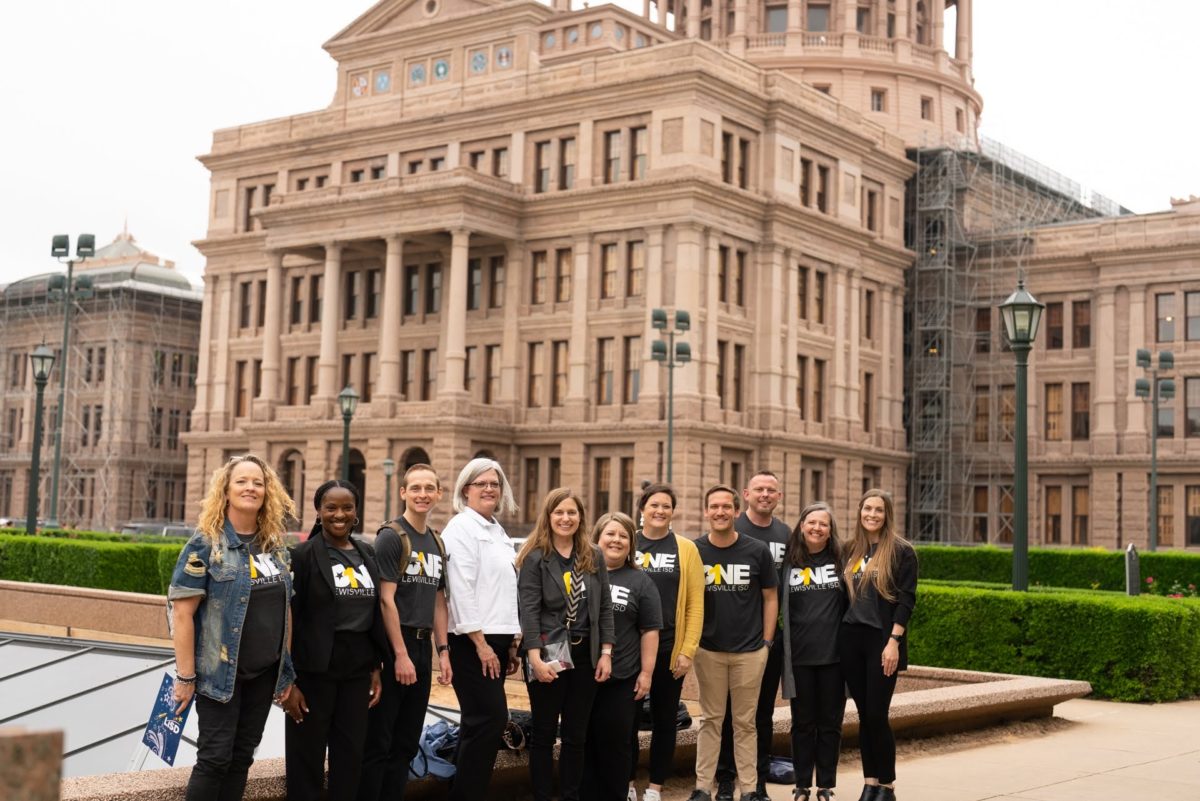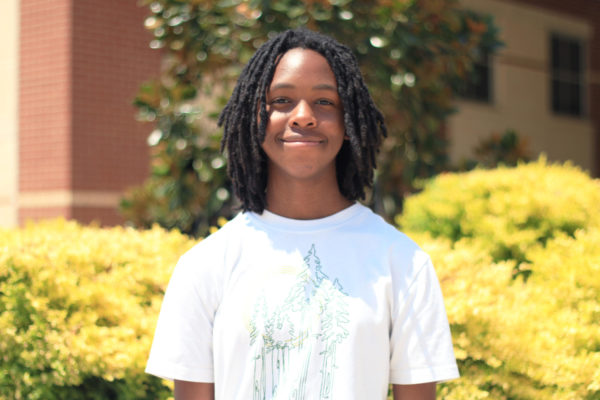The 88th legislative session ended May 29 without any substantial changes to issues facing public education. In May, superintendent Lori Rapp and 10 former LISD teachers of the year met with Texas legislators at the Capitol to discuss issues facing public education. There has been no progress since their trip. 2014-15 teacher of the year Donna Friend attended the trip back in May.
“I’ve always thought if I could explain how cool my students were to the people who make decisions about [them, then] they [couldn’t] help but want to support us,” Friend said. “Some of that comes from [the fact that] my dad is a retired educator and it was something that he used to do when he was in administration. He would go to Austin frequently and meet with the people who represented the districts that he worked in, and I remember that from when I was a kid.”
Educators are hopeful that the special session this month will cover school finance. A special session is a session that the governor proposes and covers a list of items.
During the 88th Legislature, there was a $32.7 billion budget surplus found and the government did not use it for school finance, but instead was spent on projects ranging from the construction of generation plants to the Texas Legislature budget. The basic allotment, which is the amount of money the legislature gives to public schools for each student, has been $6,160 since 2019. At the same time, inflation has risen around 15-18%. The basic allotment should now be roughly $7,268.80 if it were to help cover the new prices due to inflation.
“The message you send is, ‘that’s not important enough to spend my money on’,” Friend said. “ I think that is where the disconnect [between the state and schools] comes, because [teachers] obviously are not valued, students are not valued. They want [students] to be a STEM student, or a great writer, but they haven’t funded us [adequately] in years.”
The state of Texas has a school finance plan called recapture. If a school district resides in a community that has a tax assets value of over $514,000 per child, the district will become a recapture district. The state can then take a percentage of the money from the district and give it to schools with lower funding. However, this money goes back to the general funding of the state and has no direct budget line. LISD gives back $54 million per year.
“Leading this school [makes it] frustrating for me to see so much money go back when we’ve had to make staff cuts [and] evaluate programs,” principal Amy Boughton said. “With technology advancements, we have to keep looking at new programs because some of the jobs that [students] will be looking at don’t even exist right now. Having a robotics team this year [is] awesome, but spending all of that money limits our opportunities on things like that — things I want to provide for the students. You can’t take a student and stamp out one number and say that covers everybody. We can’t put 30 high needs students in one class, and that’s essentially what [they] are saying when [they] say every student is worth a certain dollar amount.”
The school district has two tax rates: maintenance and operation tax rate, which covers utility bills, teacher pay, school supplies, athletics, fine arts, technology and safety, and the interest and sinking tax rate. The interest and sinking tax rate is for capital projects: paying for buildings, refurbishing buildings and buying capital assets. This year, the district is proposing a Bond and VATRE which issues seven proposals (A-G). The capital improvement projects are B-G, while proposal A is the Voter Approved Tax Ratification Election (VATRE). The district is asking to raise the tax by eight more cents to help pay for the maintenance and operations budget, money to supply schools and raise teachers’ pay.
“If we don’t provide employees a wage that’s competitive, they are going to go somewhere else,” school board vice president Buddy Bonner said. “We’ve got to be in the upper 25% in teacher pay to keep people here and keep them employed. We’ve got an investment in these folks; we value them and we want to maintain them as quality employees in LISD.”
Despite the lack of legislative success last year, the district and teachers within it still plan to heavily advocate for an increase in school funding. That being by proposing the Bond and VATRE and by encouraging their peers and others to share their stories.
“I’m an advocate for LISD,” Bonner said. “We have a very vibrant district and we offer a lot of great things. We offer great core classes, but we also offer a wide variety of elective [and] choice classes [so that] all of our students can determine what their life’s work is going to be. We want to continue to do that, we want to continue to have great athletic teams; we want to continue to have state and nationally recognized fine arts programs.”




